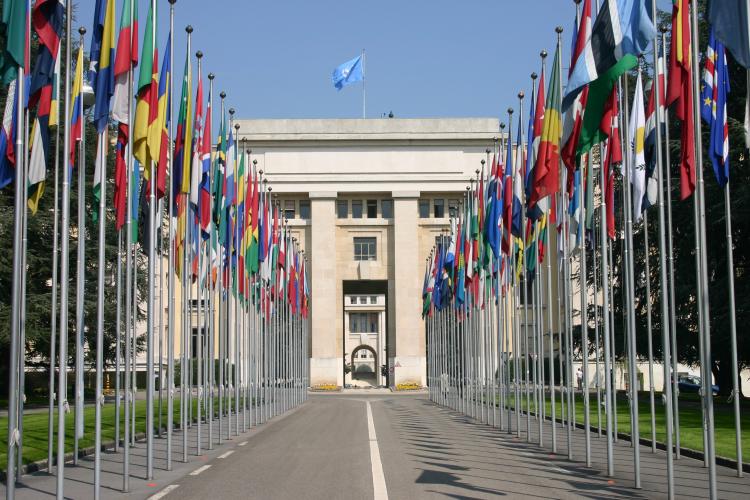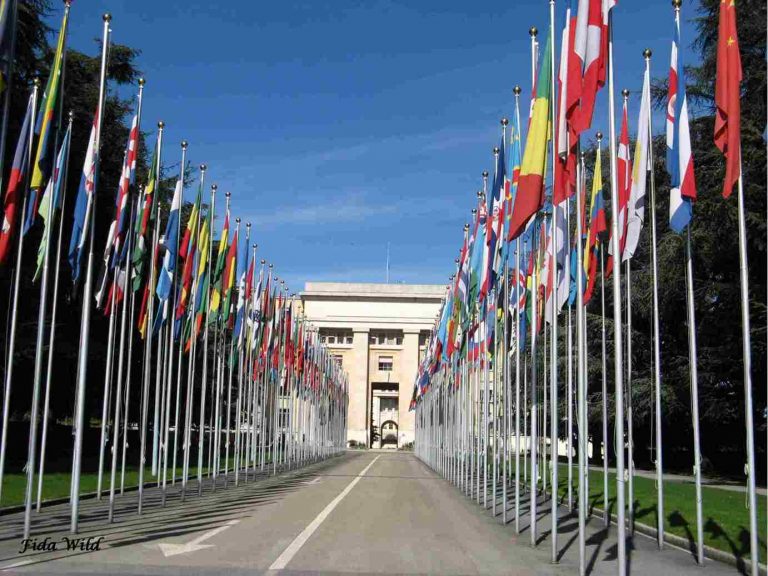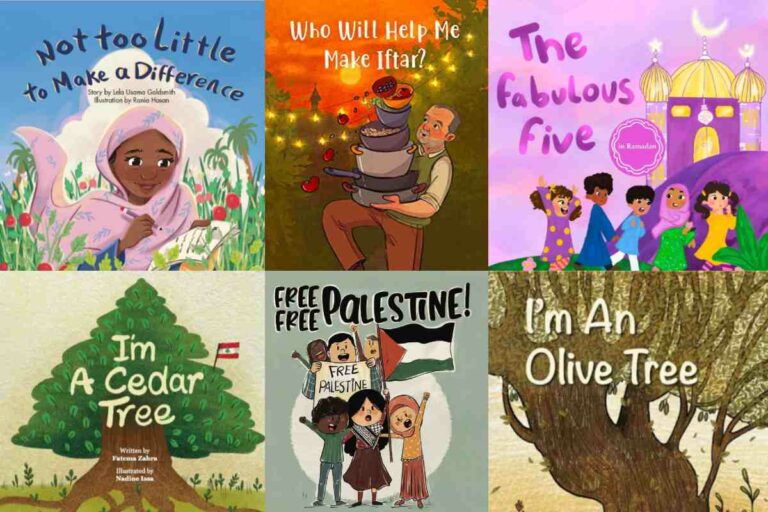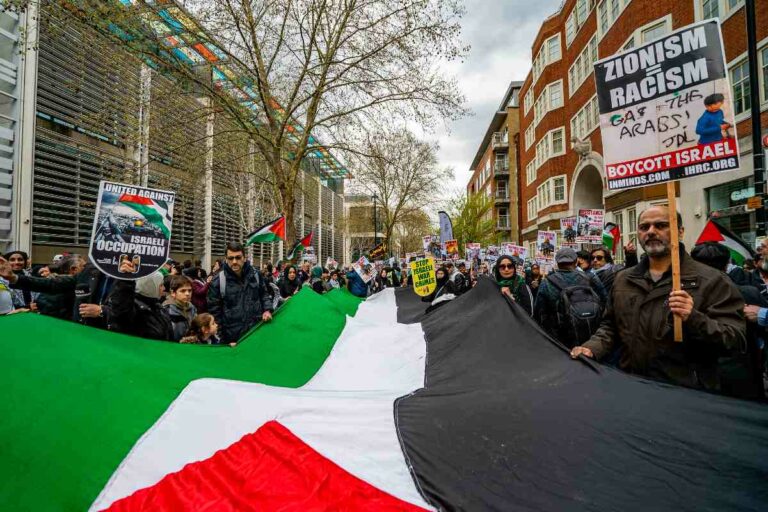Today is World Humanitarian Day, an annual event that pays tribute to the selfless efforts of humanitarian workers who risk their lives to help people in need, often in dangerous and challenging environments. The day also serves to highlight the critical issues faced by those living in conflict zones, areas affected by natural disasters, and other crises. It is a time to recognize the importance of humanitarian aid in alleviating suffering and to call for greater support and protection for those involved in these life-saving efforts.
Since October 2023, over 59,200 Palestinians (including 17,900 children) have been killed in Gaza and 143,000 injured due to Israeli bombardment, blockade, attacks on healthcare, and forced displacement. Gaza faces extreme famine risks, with hundreds of thousands going without food and children at high risk of malnutrition.
Despite these conditions, humanitarian organisations continue to provide aid by:
-
Supporting healthcare – keeping hospitals running, deploying emergency medical teams, and conducting thousands of surgeries and consultations.
-
Addressing malnutrition and water needs – screening 102,000 people for nutrition, delivering over 12 million litres of clean water.
-
Supporting people with disabilities – providing 1,500 mobility and medical devices, rehabilitation services, and hearing aid support.
-
Mental health support – offering psychiatric care, psychological first aid, and trauma support.
-
Tackling gender-based violence – providing case management, legal aid, and clinical services for survivors.
The Rohingya, denied citizenship under Myanmar’s 1982 law, are one of the world’s largest stateless and persecuted groups. Since 2017, over a million have fled military violence—including mass killings, rape, and destruction of homes—to overcrowded refugee camps in Bangladesh. The IHRC has documented these atrocities and continues to support Rohingya refugees through aid, particularly by providing regular meals in schools and camps to help families in poverty and enable children to pursue education and brighter futures.
Please give generously, your ongoing support has allowed us to support Palestinians and the Rohingya with critical medical and food aid. We need continued support and donations, so that we are in a position to procure aid in advance. This allows us to get in aid when opportunities arise.
Please also read our published reports on Palestine and the Rohingya:
Towards a New Liberation Theology – Reflections on Palestine
The Authoritarian Drift of the European Democratic State: the Crackdown on Pro-Palestine Movements
‘The Most Persecuted Minority in the World’ – The Genocide of the Rohingya
THROWBACK: United Nations Side Panel: The Effects Of Sanctions on Human Rights
On 19 September 2018, at the United Nations, IHRC’s Massoud Shadjareh and Abed Choudhury discuss the effects of sanctions as unilateral punitive measures on human rights and human assistance. Click below for the recording of the event.
IHRC has Special Consultative Status with the UN Economic and Social Council and has worked with various UN bodies regarding human rights, racism, and discrimination. Massoud Shadjareh is the Chair of IHRC and has dedicated over 30 years to campaigning against Islamophobia and human rights abuses. Abed Choudhury is the Head of Legal and Advocacy at IHRC, specialising in immigration and human rights.
Below are some books that are currently available at IHRC Bookshop:
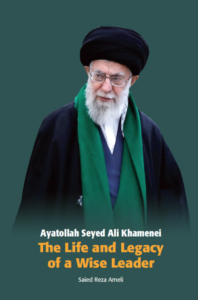 Ayatollah Seyed Ali Khamenei: The Life and Legacy of a Wise Leader by Saied Reza Ameli
Ayatollah Seyed Ali Khamenei: The Life and Legacy of a Wise Leader by Saied Reza Ameli
This book offers a rare and incisive portrait of one of the most influential figures in contemporary global politics and Islamic thought. In 144 pages, this volume distils the profound intellectual architecture and enduring legacy of Iran’s Supreme Leader, presenting an account that is both scholarly and accessible.
This work is far more than a mere chronology of events.
It is an exploration of a distinctive leadership philosophy—rooted in divine wisdom (Hikmah), Quranic values, and strategic foresight—that has guided Iran through decades of immense internal transformation and external pressure. With clarity and precision, Professor Ameli unveils the intellectual underpinnings of Ayatollah Khamenei’s worldview, highlighting themes of justice, spiritual resistance, popular governance, and civilisational renewal.
At a time of escalating geopolitical tensions and regional upheaval, this biography emerges as an essential lens through which to understand Iran’s internal cohesion and its assertive posture on the global stage. The book explores not only the moral and theological foundations of Khamenei’s leadership but also his commitment to scientific advancement, economic resilience, and cultural sovereignty. This is a narrative of leadership with moral clarity, civilisational ambition, and unwavering purpose.
For scholars, policymakers, and those intrigued by contemporary Islamic thought, this book offers a compelling and necessary contribution. It is a testament to leadership anchored in values, and to a vision that dares to challenge the prevailing order.
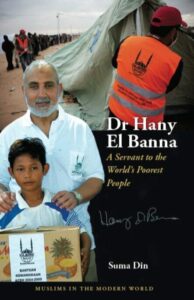 Dr Hany El Banna: A Servant to the World’s Poorest People
Dr Hany El Banna: A Servant to the World’s Poorest People
Having moved to the UK from Egypt as a young doctor to continue his studies, this story charts Dr Hany El Banna’s steps from fundraising on the streets of Birmingham to being the president of a global humanitarian relief organisation. From underground tunnels in war-torn Bosnia to the tsunami ravished villages of Indonesia, find out what drove Dr El Banna to people in need. The story of his efforts to establish Islamic Relief around the world, is at once a warm, inspiring and occasionally eccentric tale of humanity.
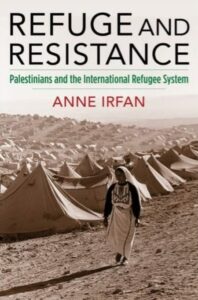 Refuge and Resistance: Palestinians and the International Refugee System – Anne Irfan
Refuge and Resistance: Palestinians and the International Refugee System – Anne Irfan
In the decades after World War II, the United Nations established a global refugee regime that became central to the lives of displaced people around the world. This regime has exerted particular authority over Palestinian refugees, who are served by a specialized UN body, the Relief and Works Agency (UNRWA). Formed shortly after the 1948 war, UNRWA continues to provide quasi-state services such as education and health care to Palestinian refugee communities in the Middle East today.
This book is a groundbreaking international history of Palestinian refugee politics. Anne Irfan traces the history and politics of UNRWA’s interactions with Palestinian communities, particularly in the refugee camps where it functioned as a surrogate state. She shows how Palestinian refugees invoked internationalist norms to demand their political rights while resisting the UN’s categorization of their plight as an apolitical humanitarian issue. Refuge and Resistance foregrounds how nonelite activism shaped the Palestinian campaign for international recognition, showing that engagement with world politics was driven as much by the refugee grass roots as by the upper echelons of the Palestine Liberation Organization. It demonstrates that refugee groups are important actors in global politics, not simply aid recipients.
Recasting modern Palestinian history through the lens of refugee camps and communities, Refuge and Resistance offers vital new perspectives for understanding politics beyond the nation-state.
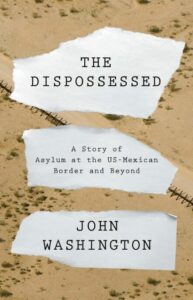 The Dispossessed: A Story of Asylum and the US-Mexican Border and Beyond – John Washington
The Dispossessed: A Story of Asylum and the US-Mexican Border and Beyond – John Washington
The first comprehensive, in-depth book on the Trump administrations assault on asylum protections. The first book to take on the inhumane debacle of family separations. The first book to take stock of the massive changes in US refugee policy.
Arnovis couldn’t stay in El Salvador. If he didn’t leave, a local gangster promised that his family would dress in mourning, that he would wake up with flies in his mouth.
It was like a bomb exploded in my life, Arnovis said. The Dispossessed tells the story of a twenty-four-year-old Salvadoran man, Arnovis, whose family’s search for safety shows how the United States in concert with other Western nations has gutted asylum protections for the world’s most vulnerable. Crisscrossing the border and Central America, John Washington traces one man’s quest for asylum. Arnovis is separated from his daughter by US Border Patrol agents and struggles to find security after being repeatedly deported to a gang-ruled community in El Salvador, traumatic experiences relayed by Washington with vivid intensity. Adding historical, literary, and current political context to the discussion of migration today, Washington tells the history of asylum law and practice through ages to the present day. Packed with information and reflection, The Dispossessed is more than a human portrait of those who cross borders it is an urgent and persuasive case for sharing the country we call home.
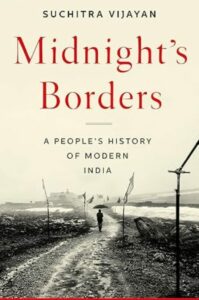 Midnight’s Borders: A People’s History of Modern India
Midnight’s Borders: A People’s History of Modern India
Sharing borders with six countries and spanning a geography that extends from Pakistan to Myanmar, India is the world’s largest democracy and second most populous country. Yet most of us don’t understand it, or the violent history still playing out there. In fact, India as we know it didn’t exist until the map of the subcontinent was redrawn in the middle of the 20th century – the powerful repercussions of which are still being felt across South Asia.
To tell the story of political borders in the subcontinent, Suchitra Vijayan spent five years travelling India’s 9,000-mile land border. Now, in this stunning work of narrative reportage, she shares what she learned on that groundbreaking journey. With profound empathy and a novelistic eye for detail, Vijayan shows us the forgotten people and places in the borderlands and brings us face-to-face with the legacy of colonialism and the stain of extreme violence and corruption. The result is the granular portrait of modern India we’ve been missing.
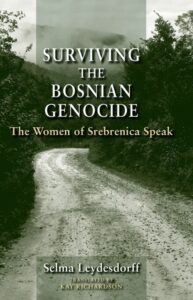 Surviving the Bosnian Genocide: The Women of Srebrenica Speak – Selma Leydesdorff
Surviving the Bosnian Genocide: The Women of Srebrenica Speak – Selma Leydesdorff
In July 1995, the Army of the Serbian Republic killed some 8,000 Bosnian men and boys in and around the town of Srebrenica―the largest mass murder in Europe since World War II. Surviving the Bosnian Genocide is based on the testimonies of 60 female survivors of the massacre who were interviewed by Dutch historian Selma Leydesdorff.
The women, many of whom still live in refugee camps, talk about their lives before the Bosnian war, the events of the massacre, and the ways they have tried to cope with their fate. Though fragmented by trauma, the women tell of life and survival under extreme conditions, while recalling a time before the war when Muslims, Croats, and Serbs lived together peaceably. By giving them a voice, this book looks beyond the rapes, murders, and atrocities of that dark time to show the agency of these women during and after the war and their fight to uncover the truth of what happened at Srebrenica and why.
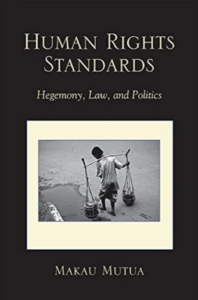 Human Rights Standards: Hegemony, Law, and Politics – Makau Mutua
Human Rights Standards: Hegemony, Law, and Politics – Makau Mutua
How are human rights norms made, who makes them, and why? In Human Rights Standards, Makau Mutua traces the history of the human rights project and critically explores how the norms of the human rights movement have been created. Examining key texts and documents published since the inception of the human rights movement at the end of World War II, he crafts a bracing critique of these works from the hitherto underutilized perspective of the Global South.
Attention is focused on the deficits of the international order and how that order, which is defined by multiple asymmetries, defines human rights in a manner that exhibits normative gaps and cultural biases. Mutua identifies areas of further norm development and concludes that norm-creating processes must be inclusive and participatory to garner legitimacy across various cleavages and divides. The result is the first truly comprehensive critical look at the making of human rights norms and standards and, as such, will be an invaluable resource for students, scholars, activists, and policymakers interested in this important topic.
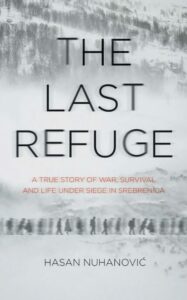 The Last Refuge: A True Story of War, Survival and Life Under Siege in Srebrenica – Hasan Nuhanovic
The Last Refuge: A True Story of War, Survival and Life Under Siege in Srebrenica – Hasan Nuhanovic
In 1992, amid growing violence in eastern Bosnia, Hasan Nuhanovic and his family were forced to flee their home for the safety of Bosnia’s mountainous countryside. High up in the woods along the Drina River, Hasan and thousands of Bosniak refugees faced freezing nights, deprivation and death, while Serb soldiers covered their retreat with sniper fire and artillery shelling.
After many months on the move the Bosniaks battled their way to the town of Srebrenica, their last refuge, under the protection of a small UN force. When the Bosnian-Serb army laid siege to the town, Hasan s life once more became a daily struggle for survival. The Last Refuge is a powerful first-hand account of the barbarism of those years leading up to the massacre in Srebrenica; it is also a compelling, action-packed and pertinent story of the life of a refugee and survival and heroism on the frontlines of a bitter conflict.
‘What may be most valuable about the book is that it shows how internally displaced persons are not passive victims of circumstance, and that policy makers and humanitarian organizations should plan accordingly. Understanding the options that internally displaced persons use should help to shape assistance and protection measures before they are introduced.’
Journal of Refugee Studies Internally displaced persons are those who have been forced to flee their homes and who do not cross an internationally recognized border. There are an astounding 28 million people around the world who currently qualify as IDPs. Unlike refugees, they have no organisation to deal with their plight. Very little is known about how people respond to the experience of displacement. In economic terms, the presence of the internally displaced is obvious. What are less obvious are the informal protection mechanisms that enable people to cope with the experience of displacement: the information networks that warn them of impending danger, or of events in their home villages.
This is the first book to put together information on the networks that people have evolved for coping in such situations. Examining those people who have become IDPs as the result of violence and war, it uses case studies from different countries, different settings and different phases of displacement. The authors identify cross-cultural patterns of coping strategies, examine whether these strategies are effective and highlight to what extent they are dependent upon culture or the experience of displacement. Ideal for use as a resource of information on IDPs, it is also a practical handbook that will help international organisations formulate their relief plans to support – rather than inadvertently damage – existing coping mechanisms. Case studies include Afghanistan, Angola, Burundi, Burma, Colombia, Georgia, Sri Lanka, Serbia, Sudan and Uganda.

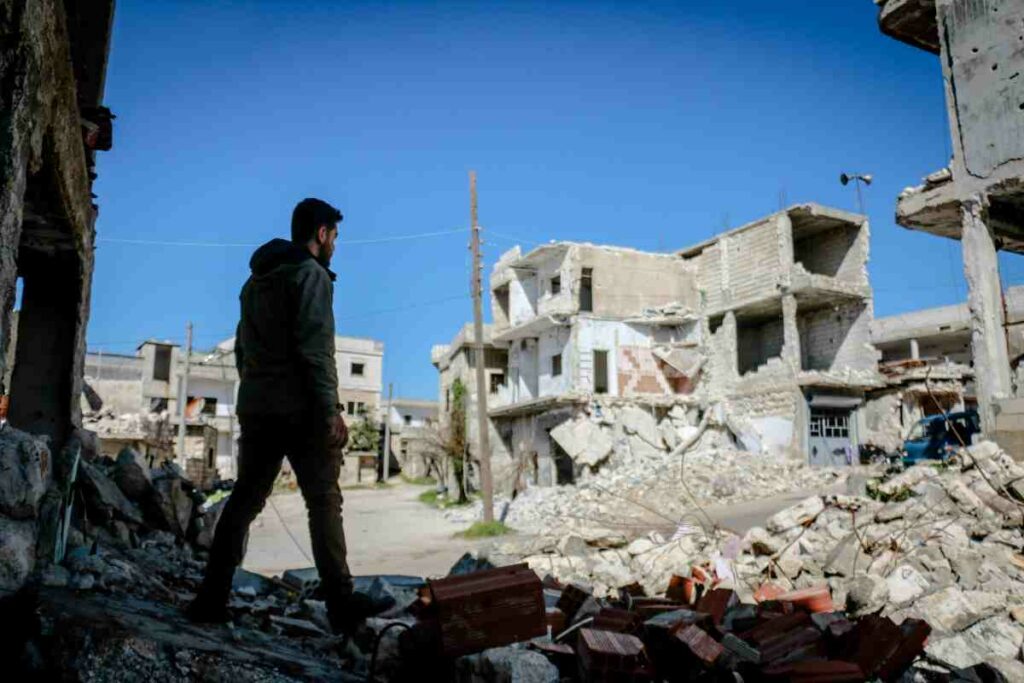
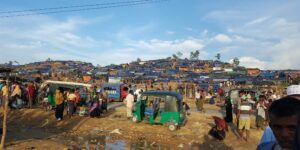 Support the Oppressed
Support the Oppressed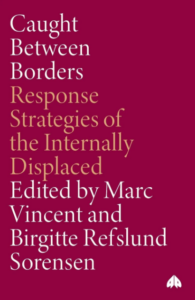 Caught Between Borders: Response Strategies of the Internally Displaced – Marc Vincent, Birgitte Refslund Sorensen
Caught Between Borders: Response Strategies of the Internally Displaced – Marc Vincent, Birgitte Refslund Sorensen